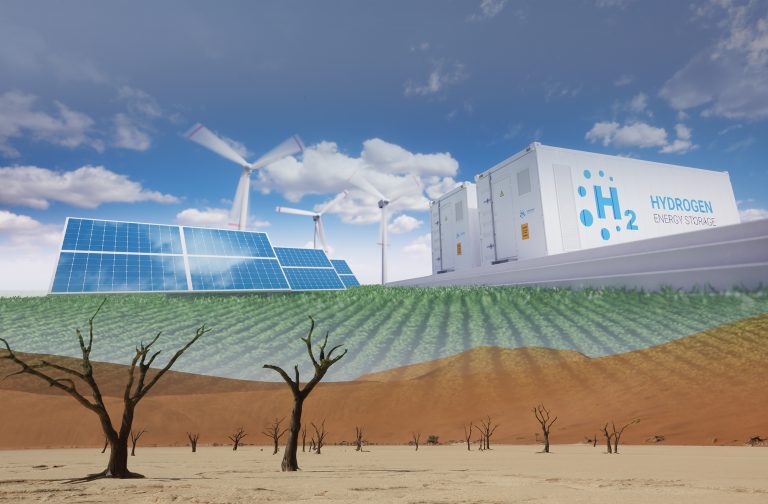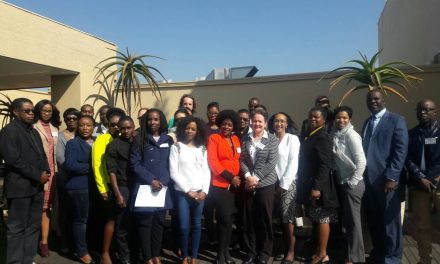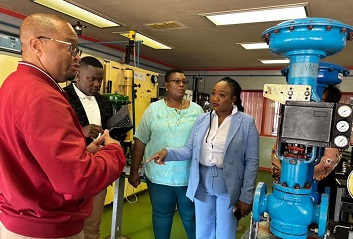
UNAM to open Green Hydrogen Institute

A Namibia Green Hydrogen Research Institute (NGHRI) was approved by the University of Namibia (UNAM) on 2 September to serve as a national research and capacity building hub.
The Institute will conduct local research and development and provide innovative solutions as well as up-skill and re-skill Namibians and develop local businesses across the value chain of Green Hydrogen.
Professor Anicia Peters, Pro-Vice-Chancellor: Research, Innovation and Development and a green hydrogen technical committee member said the institute’s focus area ranges from desalination, wind and solar energy electrolysis, fuel cell technologies, community and societal impact, and emerging technologies, which are areas that UNAM has successfully run pilot projects on.
“These pilot projects comprise the University’s desalination plant and solar projects in Henties bay, wind turbines in in Luderitz and existing work in electrolysis and thin film materials,” Peters added.
She further stated that they concluded a number of agreements with international universities, local and international private sector partners in the area of Green Hydrogen.
“Such strategic partnerships also include financing, equipment, training and expertise exchange, which includes serving as a member of the Council of Scientific and Industrial Research, Energy Research and Development and Innovation Advisory panel in South Africa astute research and regulatory bodies,” Peters emphasised.
UNAM embarked on this initiative to establish a national institute in May this year. This development comes at a prudent time as Namibia develops into a hub of Green Hydrogen in Africa.
Currently the Institute has a total of 67 UNAM academic staff members working in 14 research project areas of Green Hydrogen and Ammonia and the Namibia University of Science and Technology was formally invited to join the initiative in which NUST researcher have joined 6 research areas.
The Institute consists of six centers namely, the Centre for Clean Hydrogen Production, Hydrogen Storage, New Materials and Delivery, Hydrogen Fuel Cell Technology for Mobility Application, Hydrogen Capacity Building Competence and Standards, and Hydrogen Digital and Emerging Technologies.













































